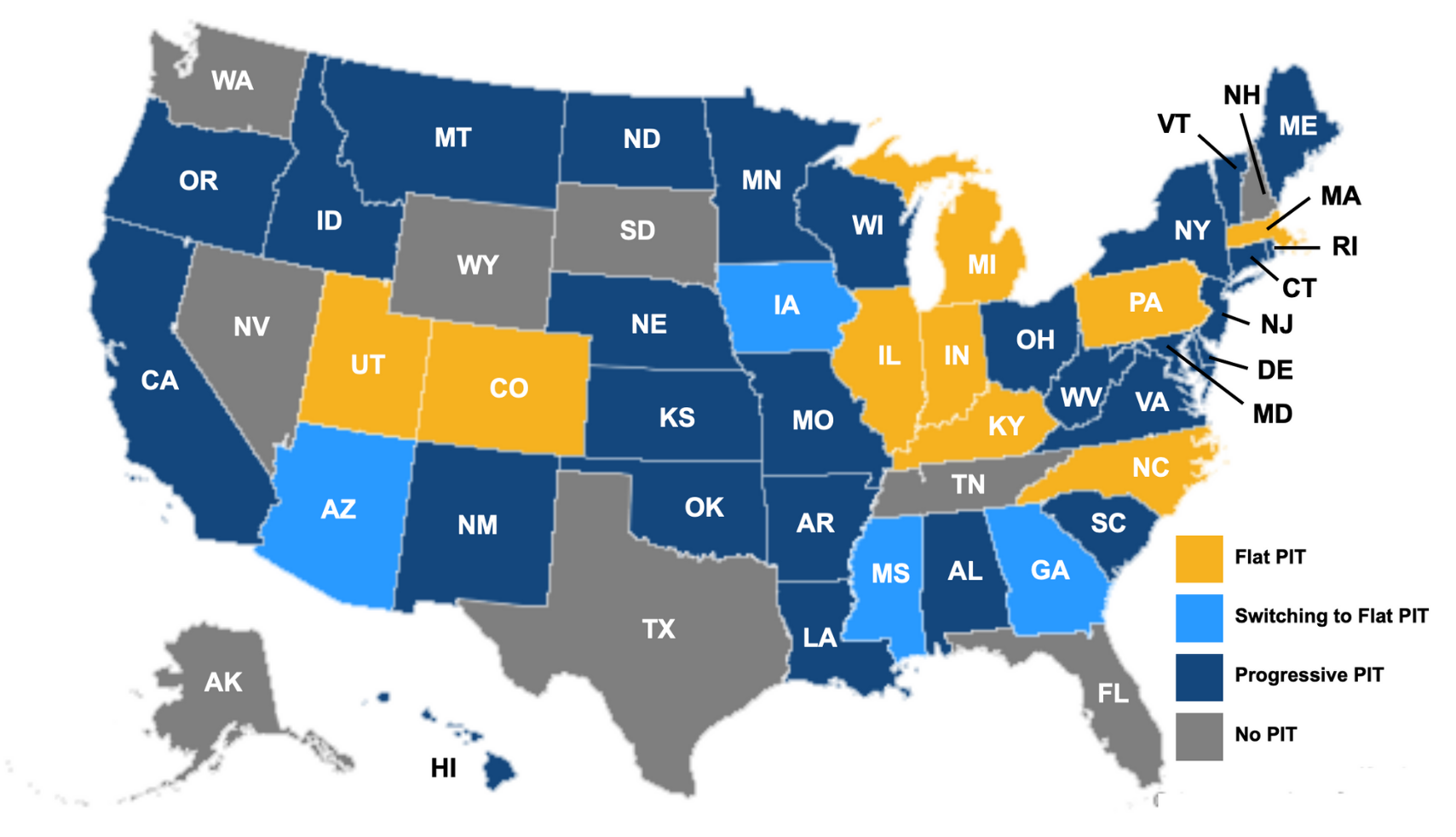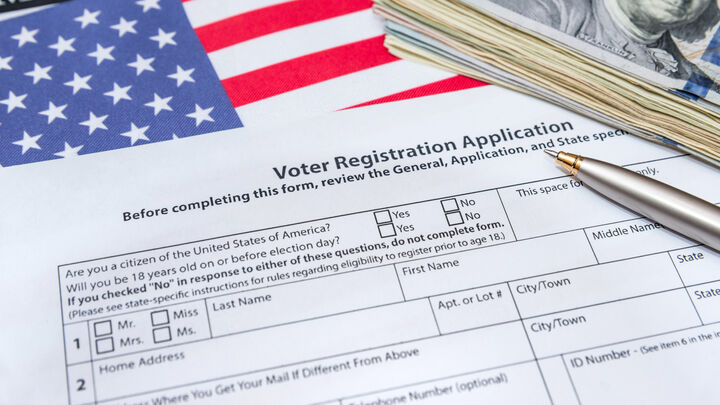Who do I file my candidacy forms with?
Candidates file their forms with the filing officer at the level of office they are running for. Federal, Statewide, and multijurisdictional judicial candidates file their Declaration of Candidacy and Nomination Papers with Wisconsin Elections Commission. Statewide, and multijurisdictional judicial candidates file their Campaign Finance Registration Statement and Statement of Economic Interests with the Wisconsin Ethics Commission.
How do I see who is running for an office?
1. Search Registered Committees – Use the Registrant Search to search the full directory of committees and conduits registered with the Ethics Commission. The directory includes current and terminated registrants.
2. View a sample ballot – Enter a specific address in MyVote to view candidates running in your area. Note: Sample ballots will not appear in MyVote until the list of candidates has been certified and added to the election by the clerks. Voters can expect to be able to view their sample ballot up to two weeks before the election.
3. Judicial races – For federal, statewide, and multijurisdictional judge positions, Wisconsin Elections Commission publishes and posts the Candidate Tracking by Office report ahead of the election. Voters can view exactly who will be on their ballot on the Type B notice published by the clerks on the Friday before the election.
How many signatures do I need to get on my nomination papers?
The number of signatures needed to get your name added to the ballot is dependent on the level of office you are running for. Please consult the Ballot Access checklist for the office for federal, statewide, and multi-jurisdictional judicial offices. Local candidates should check with their local filing officers (county, municipal, or school district clerks).
Can a candidate run for an office if they don’t live in the district boundaries?
The short answer is yes. Each office has specific rules about when the candidate must live within the district in order to serve in the office. Please consult the page for the level office for which a candidate is running to view the residency requirements:
Can a candidate be present at a polling location on election day for any reason other than voting?
The presence of a candidate at a location where ballots are given to voters may give the appearance of electioneering. During hours when ballots may be cast, Wis. Stat. § 12.03 prohibits electioneering at polling places, in-person absentee voting sites, and locations where special voting deputies are present. It also prevents electioneering on public property within 100 feet of an entrance to one of these locations. Electioneering is defined by the statute as “any activity which is intended to influence voting at an election.” Additionally, while most individuals may observe voting at polling places and in-person absentee voting sites, any candidate whose name appears on a ballot at one of those locations is not extended that right under Wis. Stat. § 7.41(1). For these reasons, the Wisconsin Elections Commission recommends that a candidate only be present at one of these locations in order to vote and to leave as soon as the candidate has finished voting.
How is the order of candidates’ names on the ballot determined?
In a nonpartisan (Spring) election, the order in which candidates’ names appear on the ballot is determined by the drawing of lots, or by any method that is by chance. S. 5.60(1)(b), Wis. Stats. 3/24/2003
In a partisan primary, the order in which candidates of one party’s names appear is also determined by lot.
At a partisan General Election (such as for Governor or President) the ballot order is determined by which political party’s candidate received the most votes at the last General Election. For example, Governor Walker received the most votes in the 2010 General Election, so Republican candidates were first on the 2012 General Election ballot. In 2012, President Obama received the most votes, so Democratic candidates are first on the 2014 General Election ballot.
The ballot order for independent candidates is determined by lot.
Can a candidate withdraw from a race and have his or her name removed from the ballot?
Once a candidate qualifies for ballot status, her name appears on the ballot. The candidate cannot withdraw and have her name removed. Only in case of death of the candidate can the name be removed from the ballot. S. 8.35, Wis. Stats. The candidate can make a statement to notice the electors that she no longer wishes to seek the office by election, but her name will appear on the ballot. Should the candidate win the election, she may decline to hold the office. This creates a vacancy that is filled following the provisions of Ch. 17. 3/12/2003
What are the contribution limits to my campaign?
Local and State info here
How do I correctly fill out my nomination papers?
May I run for office if I have been convicted of a crime?
In accordance with Article XIII, Section 3(2),(3) of the Wisconsin State Constitution, no person may hold any state or local elected office in Wisconsin if the person has been convicted of a felony in any court in the United States unless they have been pardoned of the conviction. Additionally, no person may have their name placed on the ballot for any state or local elected office in Wisconsin if they have been convicted of a felony in any court in the United States, unless they have been pardoned of the conviction. Candidates for federal office are not excluded from running due to a previous felony conviction.
Which forms do I need to submit to get on the ballot?
There are four primary documents that must be filed by the deadline for a candidate to gain a place on the ballot:
-
Declaration of Candidacy
-
Nomination Papers
-
Campaign Registration Statement
-
Statement of Economic Interest (Federal, Statewide, and multijurisdictional judicial candidates)
What is the filing deadline?
The filing deadline is the first Tuesday in January for offices to be elected in April. Wis. Stat. § 8.10(2)(a). For offices to be elected in November, the filing deadline is June 1. Wis. Stat. § 8.15(1)
What is a correcting affidavit?
A correcting affidavit is a verified document that allows for the correction of errors on nomination papers that were committed by either a signer or circulator. Wis. Admin. Code §EL 2.05(4)
What happens if a circulator signs and dates the certification before collecting signatures?
If this occurs, any signatures obtained after the date the form was signed by the circulator will be invalid. A timely correcting affidavit can be submitted to amend the errors.
How many nomination papers is someone allowed to circulate?
For a single office in an election, circulators may collect signatures for only one candidate. Wis. Stat. § 8.04.
How many nomination papers may a voter sign?
Voters may sign nomination papers totaling the number of candidates they are allowed to vote for. In a “vote for 1” office, voters may only sign on candidate’s nomination papers. In a “vote for 2” office, voters may sign nomination papers of 2 candidates.
Sources: https://elections.wi.gov/media/10824/download
The information provided on this website does not, and is not intended to, constitute legal advice; instead, all information, content, and materials available on this site are for general informational purposes only. Information on this website may not constitute the most up-to-date legal or other information. This website contains links to other third-party websites. Such links are only for the convenience of the reader, user or browser; the ABA and its members do not recommend or endorse the contents of the third-party sites.













